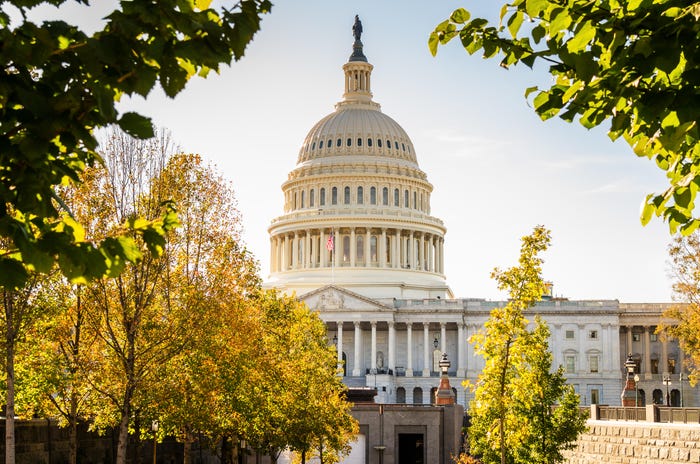Cal OES expresses opposition to PSSA proposal of FirstNet Authority 4.9 GHz spectrum licenseCal OES expresses opposition to PSSA proposal of FirstNet Authority 4.9 GHz spectrum license
.jpg?width=1280&auto=webp&quality=95&format=jpg&disable=upscale)
An official with the California Office of Emergency Services (Cal OES) this week submitted a letter to the FCC expressing opposition to a Public Safety Spectrum Alliance (PSSA) proposal asking the federal agency to award the FirstNet Authority with a nationwide license in the 4.9 GHz band.
“Cal OES appreciates the PSSA’s efforts to preserve the 4.9 GHz band for public-safety use but does not support the award of a nationwide license to the FirstNet Authority,” according to the Cal OES letter signed by Assistant Director Budge Currier.
At issue is the 50 MHz of 4.9 GHz spectrum (4940-4990 MHz) that historically has been reserved for public-safety use, although FCC officials repeatedly have cited the airwaves as being underutilized. With this in mind, the FCC issued new rules a year ago that called for a single 4.9 GHz band manager and would allow non-public-safety entities to use the airwaves on a secondary basis “subject to preemption by public-safety operations.”
Such a prioritization scheme has been implemented by the FirstNet Authority on its licensed 700 MHz Band 14 spectrum that serves as the foundation of the nationwide public-safety broadband network (NPSBN) being built and maintained by contractor AT&T. With this in mind, the PSSA has proposed that the FCC award a nationwide 4.9 GHz license to the FirstNet Authority.
Cal OES expressed its opposition to the PSSA proposal in an ex parte letter submitted to the FCC on Jan. 12.
“Cal OES understands the Commission’s goal for the 4.9 GHz band to be retention of local control, greater use of the band, and the preservation of its public-safety nature,” the Cal OES filing states. “Awarding a nationwide license to the FirstNet Authority will promote commercial influence over the band by AT&T and creates potential for interference with existing and planned uses by the state and local public-safety community. Such actions would undermine the Commission’s goal for the band.
“Cal OES emphasizes the need to retain the 4.9 GHz spectrum for direct public-safety use and to protect existing licensees’ operations. Cal OES believes this need and the Commission’s goals can be met by appointing a band manager that is already certified to coordinate the Public Safety Pool of frequencies. Formal coordination that works in conjunction with the state and local level will preserve the band’s public-safety use and foster greater investment from the public-safety community.”
In November, the new Coalition for Emergency Response and Critical Infrastructure (CERCI) also expressed its opposition to the PSSA proposal that the FCC should award a nationwide 4.9 GHz license to the FirstNet Authority.
In December, the PSSA reiterated its call for the FirstNet Authority to be a nationwide 4.9 GHz licensee, noting the success of the FirstNet public-private partnership in developing a robust ecosystem for public-safety users—something that has been lacking under previous 4.9 GHz rules, according to many industry observers. Proponents of the PSSA proposal also note that the FirstNet Authority approach has allowed public-safety entities to retain local control over the manner in which they use the NPSBN.




